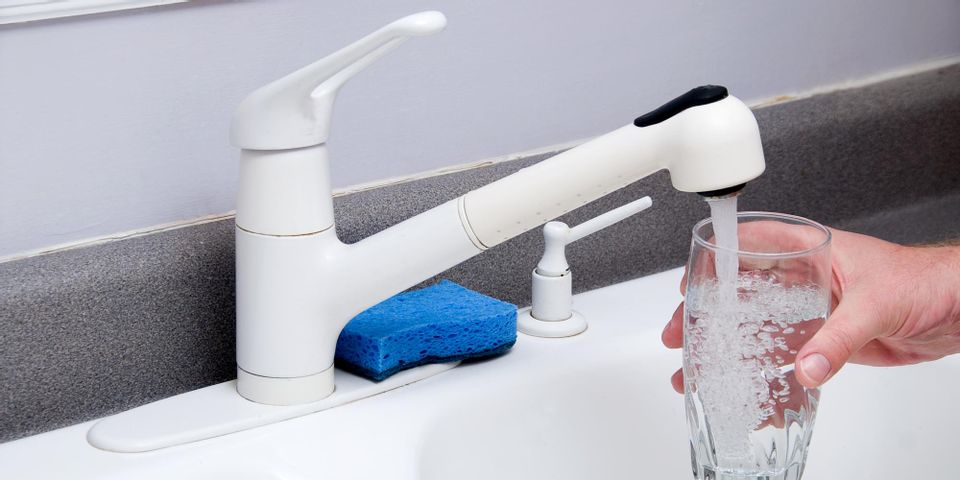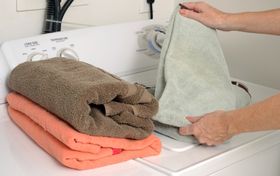What Causes Hard Water in Wells & How to Fix It

If you have a well, there’s a good chance that you’ve dealt with hard water at some point. In fact, hard water is a common nuisance with residential water wells, causing everything from a soapy residue on your laundry to reduced water pressure. You don't have to live with hard water, though. There are a variety of treatment options for softening the water and reducing the damage to your water system.
What Is Hard Water?
Hard water refers to water that contains an abundance of calcium and/or magnesium. Residential water wells draw water from deep within the earth, where it travels through multiple layers of bedrock. As it does, it dissolves the minerals from those rocks, creating what’s known as hard water.
 Although hard water isn't known to cause health problems, it can leave deposits on your pipes, laundry, dishes, and skin. You might notice, for example, that you don't feel as if you can rinse all the soap off in the shower when you have hard water, or that your laundry doesn't get as clean as it could.
Although hard water isn't known to cause health problems, it can leave deposits on your pipes, laundry, dishes, and skin. You might notice, for example, that you don't feel as if you can rinse all the soap off in the shower when you have hard water, or that your laundry doesn't get as clean as it could.
However, the bigger problem is the mineral deposits left behind on the pipes and fixtures of your home’s plumbing system. Over time, hard water deposits can decrease the diameter of your pipes or clog your faucets and showers, reducing water pressure and causing hard water stains that are hard to remove.
How Is Hard Water Treated?
If you have hard water, a common remedy is to install a water softener. Water from your residential water well enters the water softener directly, where it undergoes an ion exchange, which basically means that the calcium and magnesium that cause the hard water are replaced with a less “charged” mineral, like sodium. The water travels over resin beads that attract the minerals, and then through a bringing solution that replaces the sodium.
Although this is an effective method of softening the water to protect your plumbing, it does have some drawbacks. Water that goes through a softener does contain more sodium than regular tap water, which could be a concern for some people.
Water softeners also produce wastewater that must be dealt with appropriately to prevent contaminating the groundwater. Because of this, some homeowners choose alternatives, such as high-powered water filtration systems or water softening products to help clear the pipes and reduce residue buildup.
If you suspect that your residential water well has hard water, turn to the team at John D. Hughes Wells and Pumps for help. With more than 60 years of experience providing well inspections, maintenance, and repairs, they will ensure your water is clean and safe, and your plumbing stays in good condition. The Enterprise, AL, drilling and irrigation company offers uses only the highest-quality equipment and devices. Call (334) 347-9757 to set up a consultation.
About the Business
Have a question? Ask the experts!
Send your question

